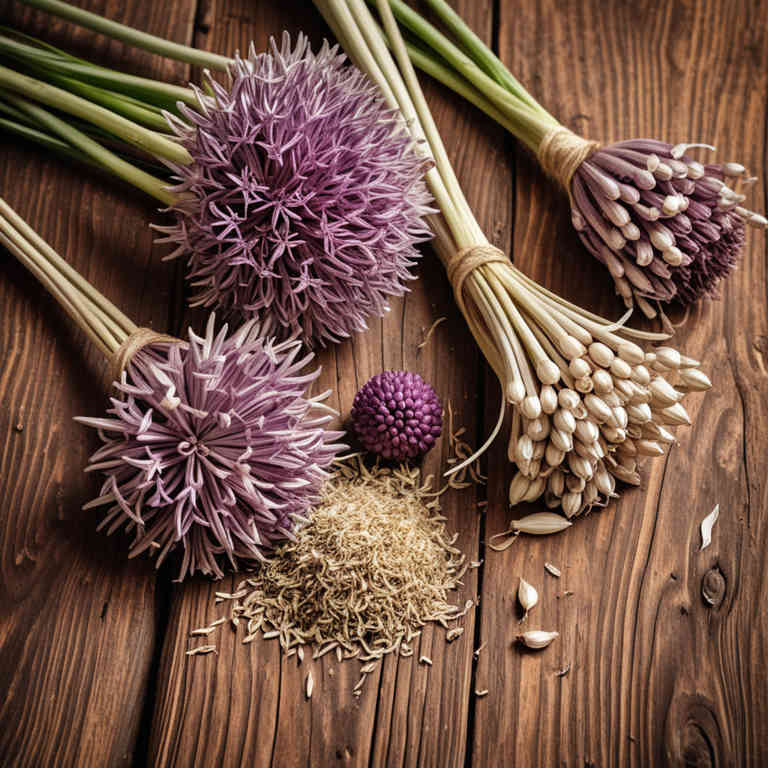Allium sativum mucillage for medicinal use

Allium sativum mucillage is a viscous, gel-like substance derived from garlic (Allium sativum) through a process that extracts its mucilage content.
This preparation is created by soaking garlic in water, allowing the mucilage to dissolve and form a thick, sticky liquid. In herbalism, it is valued for its potential anti-inflammatory, antimicrobial, and digestive properties. It is often used to support respiratory health, soothe gastrointestinal discomfort, and aid in detoxification.
The mucilage also acts as a natural demulcent, providing a protective coating for mucous membranes.
Uses
Allium sativum mucillage has been used to treat a variety of ailments across different cultures for centuries.
Historically, it was valued in traditional medicine for its potential to alleviate respiratory issues, digestive problems, and skin conditions. The mucilage, derived from garlic, is believed to have antimicrobial and anti-inflammatory properties that contributed to its widespread use. In modern times, it is being explored for its possible role in supporting immune function and managing chronic inflammatory conditions.
However, further research is needed to fully validate its efficacy and safety in contemporary medical practice.
Benefits
Allium sativum mucillage has health benefits such as supporting cardiovascular health, reducing inflammation, and enhancing immune function.
This preparation, derived from garlic, contains mucilage, which is a gel-like substance that aids in soothing the digestive tract. It may also help in lowering cholesterol levels and improving blood circulation. The mucilage acts as a natural antioxidant, protecting cells from oxidative stress.
Additionally, it has been traditionally used to support respiratory health and alleviate symptoms of colds and coughs.
Constituents
Allium sativum mucillage active constituents include sulfur-containing compounds, such as allicin, diallyl disulfide, and allyl cysteine, along with flavonoids, phenolic acids, and mucilage polysaccharides.
These compounds contribute to its antimicrobial, anti-inflammatory, and cardiovascular benefits. The mucilage component provides a soothing effect on the digestive tract, aiding in conditions like gastritis and ulcers. Additionally, the sulfur compounds support immune function and may help lower cholesterol levels.
Overall, Allium sativum mucillage is valued for its diverse therapeutic properties in traditional and modern herbal medicine.
Preparation
To make Allium sativum mucillage, begin by finely chopping or mincing fresh garlic bulbs.
Place the garlic in a blender or a mortar and pestle and add a small amount of water, just enough to cover the garlic. Blend or crush the mixture until a thick, sticky paste forms, which is the mucilage. Strain the mixture through a fine mesh sieve or cheesecloth to separate the liquid from the solids.
Store the mucilage in a clean, airtight container in the refrigerator for up to one week.
Side Effects
Allium sativum mucillage may lead to gastrointestinal discomfort, including nausea, bloating, and diarrhea, due to its high fiber and sulfur compound content.
It may also cause allergic reactions in individuals sensitive to garlic or other Allium species. Prolonged use could potentially interfere with blood clotting, increasing the risk of bruising or bleeding. Some studies suggest it may lower blood sugar levels, so caution is advised for those on diabetes medications.
Additionally, it may interact with certain medications, such as anticoagulants or antiplatelet drugs, leading to adverse effects.